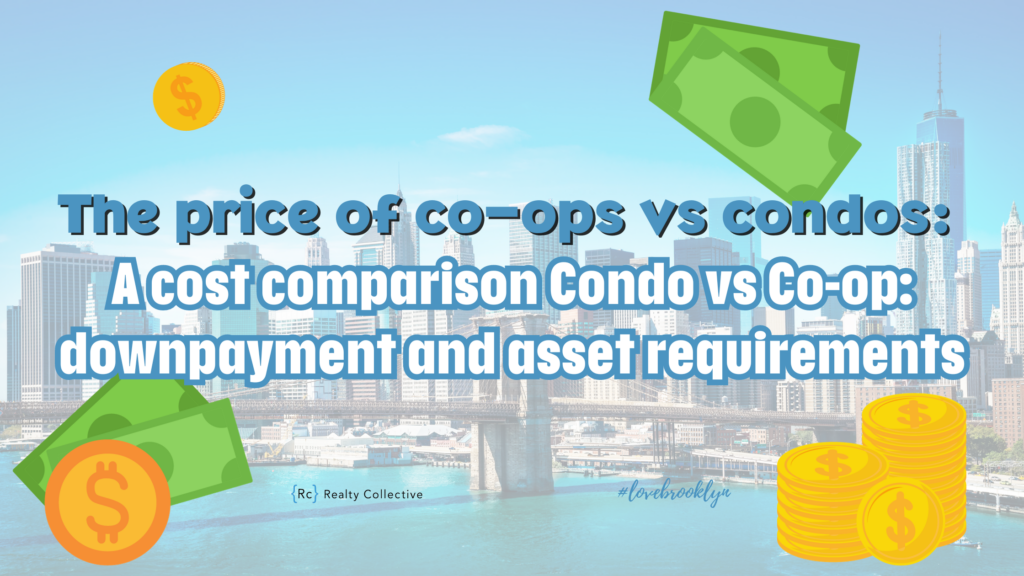The price of co-ops vs condos: A cost comparison
Nov 11, 2023

NYC condos are more expensive, on average, than co-ops. In the 2nd quarter of 2018, for example, condo buyers forked over an average of $1,989 per square foot in Manhattan, approximately 50% more than co-op buyers, who paid an average of $1,319 per square foot, according to a report by the appraisal firm Miller Samuel. (The firm’s reliable quarterly market reports show pricing trends by size and type of apartment as well as by borough.) That said, those figures are skewed by a number of factors–including the fact that the average condo is about 300 square feet larger than the average co-op (therefore commanding a higher per-square foot price)–shrinking the true price differential on apartments of similar location, size and amenities down to 10%.
Part of the reason co-ops tend to cost less is because they are typically older, lacking the bells and whistles of the tens of thousands of new condos constructed in the past decade. Many newer condos have also secured property tax abatements that enable developers to command higher sales prices than if buyers had to pay full tax bills right away.
Another reason co-ops are cheaper is that buyers usually must be approved by a board. That process involves a mountain of paperwork, a personal interview, the possibility of rejection, and the total (and totally one-sided) opening of your financial kimono to folks you will share the elevator with for years to come.
In addition to higher purchase prices, condos also have substantially higher closing costs if you’re taking out a mortgage: You will pay a mortgage recording tax of 1.8% of the mortgage amount for loans under $500k or 1.925% for loans above that. Also, your lender will require you to buy title insurance, which costs about .5% of the purchase price. (Note: The New York State legislature is trying to extend the mortgage recording tax to co-op purchases as well.)
If you’re buying a new condo (versus a resale), transfer taxes (1.825% of purchase price for properties over $500,000, and 1.425% for properties under $500,000) are also your responsibility, though these can often be a point of negotiation with a developer, who is more apt to cover fees like this than reduce the sales price, which can affect future sales.












